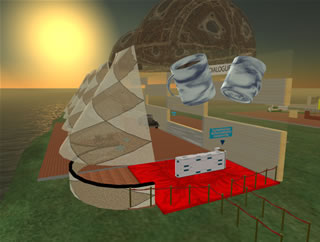Seeking a research assistant for eLangdell
I’m seeking an RA or two for the spring on the eLangdell project. The project has taken on special urgency in light of the new attention being paid to law school reform spurred by the Carnegie report and last week’s AALS conference theme:
Shape the future of textbooks in legal education with eLangdell. We’re looking for motivated students to create the first digital commons for law professors to share teaching resources. Two roles are available:
- As a PRODUCTION ASSISTANT you will be responsible for: beta-testing the software platform; working with our pilot law professors to put materials into the platform; providing feedback on how to improve the platform; problem-solving with us when the software doesn’t work as expected. Some legal education strongly preferred.
- As a DEVELOPER or DESIGNER you will help us set up the software itself. Coding, UI design, related experience required.
To apply and for more information, please contact me.




